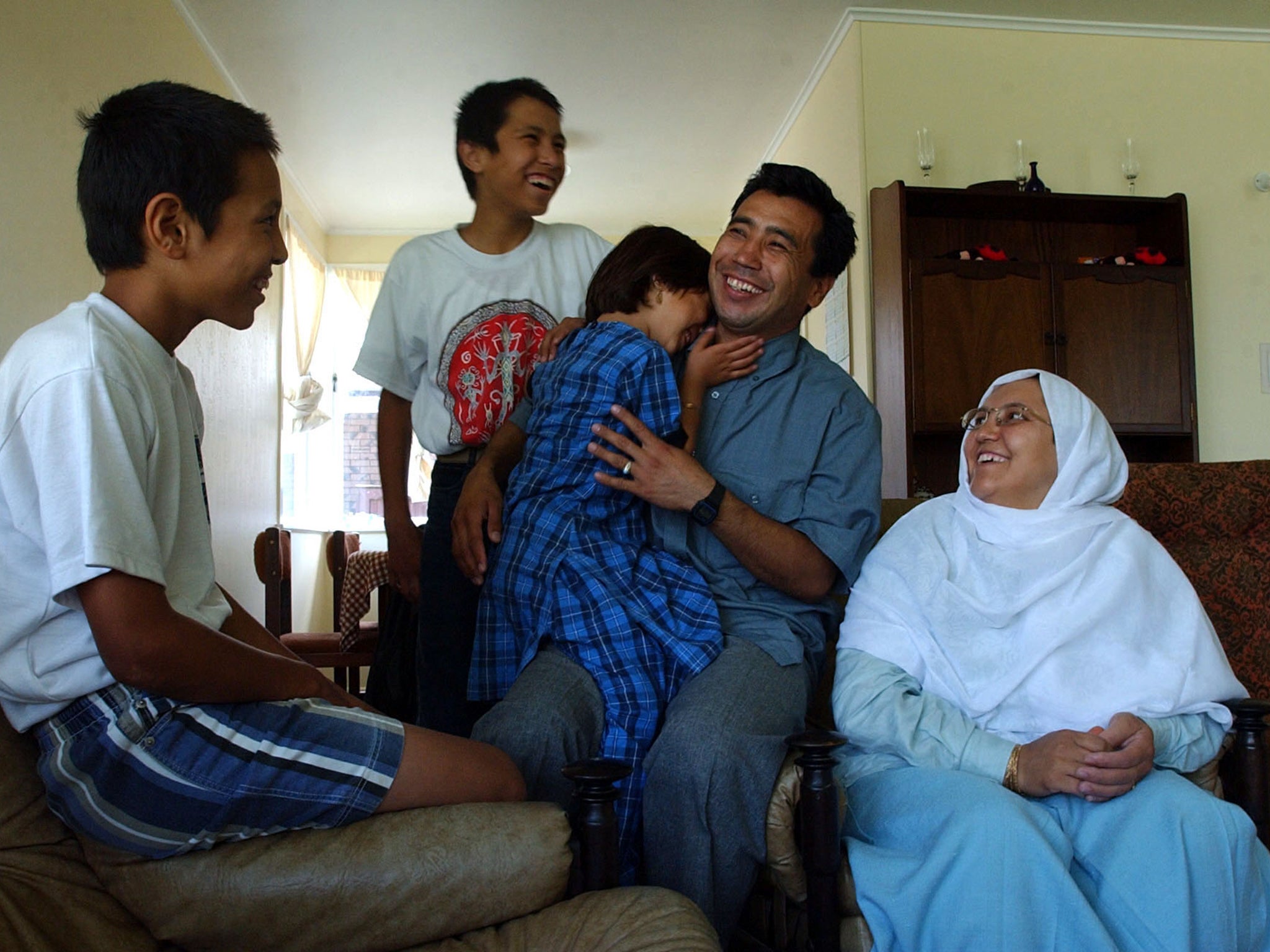Refugees in New Zealand told to subscribe to Kiwi values
New Zealand Immigration Minister says refugees must follow Kiwi practices,

New Zealand has increased its refugee quota from 750 to 1,000 per year – and said they should subscribe to "Kiwi values".
Immigration Minister Michael Woodhouse also confirmed that backgrounds checks will take place before refugees are allowed to live in New Zealand.
This begins with a simple background check, identifying the individual and their family. If an individual, or a member of their extended family, is connected with “conflict”, they will be ruled out on this basis.
Mr Woodhouse also said engaging in certain cultural practices could mean being turned away, for instance those practicing polygamy would be ruled out from a cultural perspective.
In Australia, refugees are required to sign a ‘value statement’, confirming that they understand and agree to respect Australian values such as tolerance, equality between men and women and freedom of religion.
David Seymour, the acting leader of right-wing Act Party, said something similar should be introduced in New Zealand: “If you’re not prepared to sign up, for instance, that you believe men and women should be treated equally, you shouldn’t come to New Zealand,” he said.
Though Mr Woodhouse agrees that some values, such as monogamy, need to be understood and accepted by refugees, he does not think that a document is necessary for this to happen, as he has found that refugees are eager to embrace New Zealand culture as part of their new identity: “There are tremendously positive signs that these people want to connect with New Zealand society, but at the same time preserve what’s good about their society,” he said.
Prime Minister John Key agreed that refugees must subscribe to some Kiwi values when entering New Zealand, but said they shouldn't be forced to: "It's good for any person that comes to New Zealand to understand what they're coming to - the place they're coming to and the sort of values and principles that underpin us as a nation.
“My experience of migrants when they come to this country is they become very patriotic Kiwis, and so I don’t know whether they need a charter for that,” he said.
The New Zealand government has been criticised since the announcement of it’s increased quota, as campaigners say that increasing the already low number by one third is not good enough. Many have suggested that the government ought to have doubled their initial figure of 750, admitting at least 1500 refugees per year.
Mr Woodhouse says that the low intake numbers reflect a focus on the wellbeing of refugees that are taken in by New Zealand: “Not every refugee does well; in fact they do quite poorly on a social basis.
“We’re doing everything we can to improve the outcome for those we do take. As well as increasing the quantity of those we take, we’ve got to make sure they do well, and that’s what we’re continuing to focus on.”
Mr Woodhouse stressed the importance of tackling barriers to education, paid employment and the learning of the English language – all of which are factors that contribute to social isolation of refugees in Kiwi society.
Join our commenting forum
Join thought-provoking conversations, follow other Independent readers and see their replies
Comments